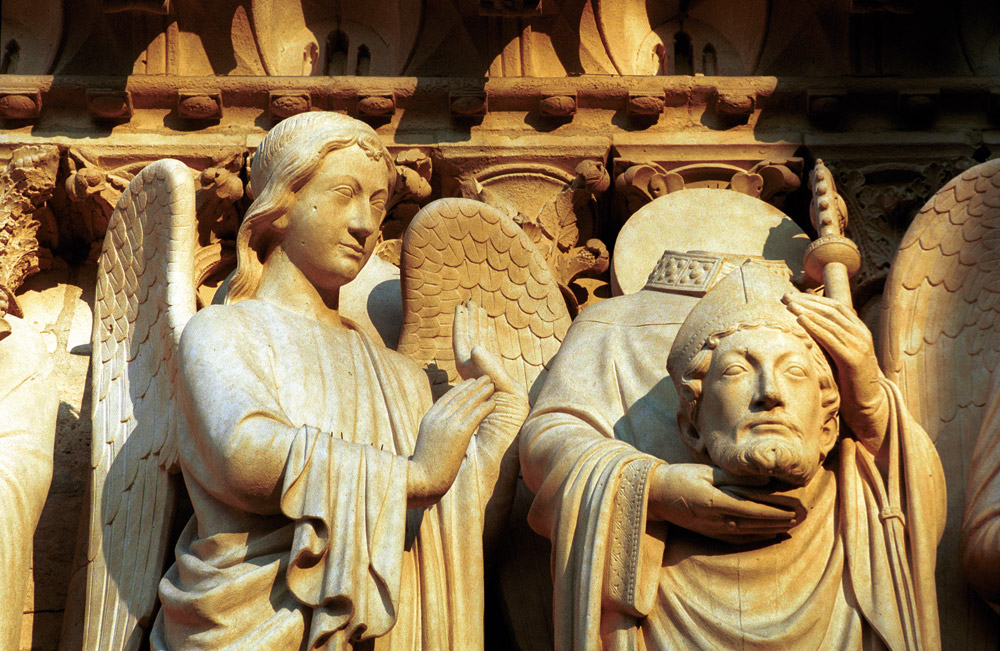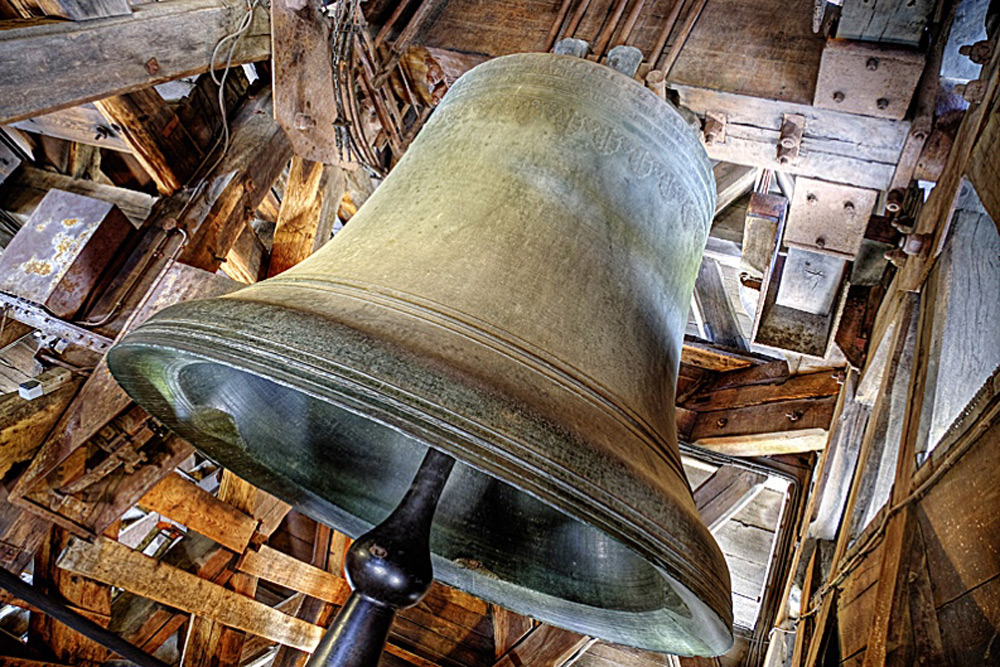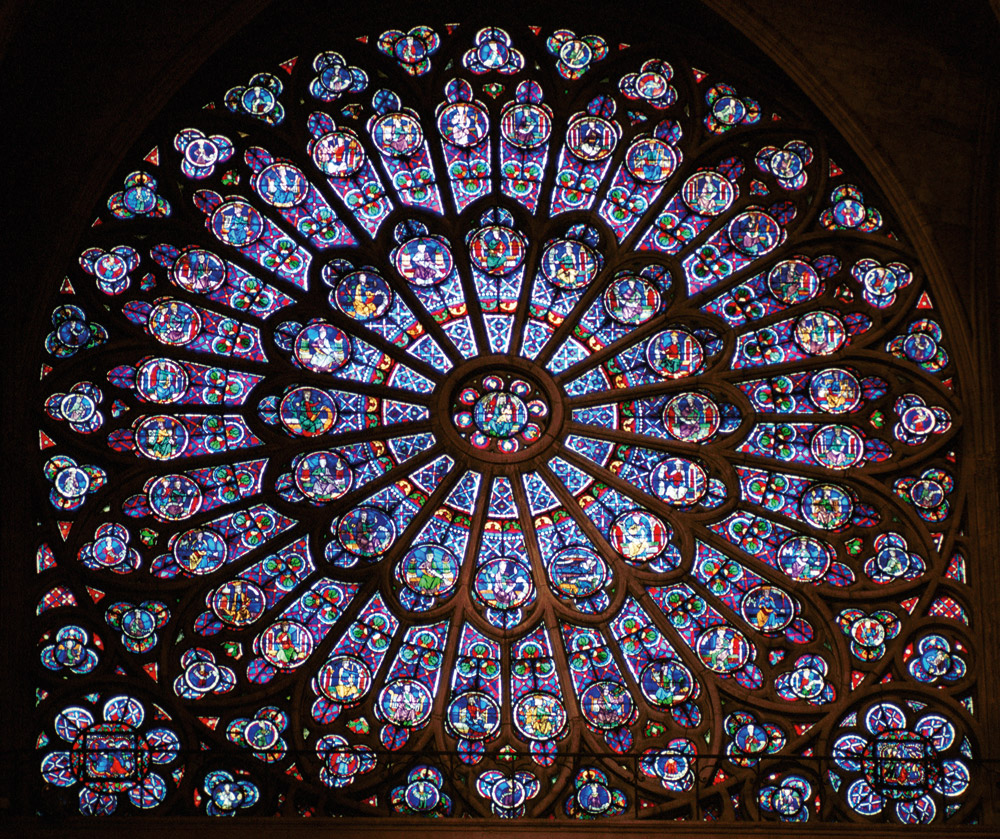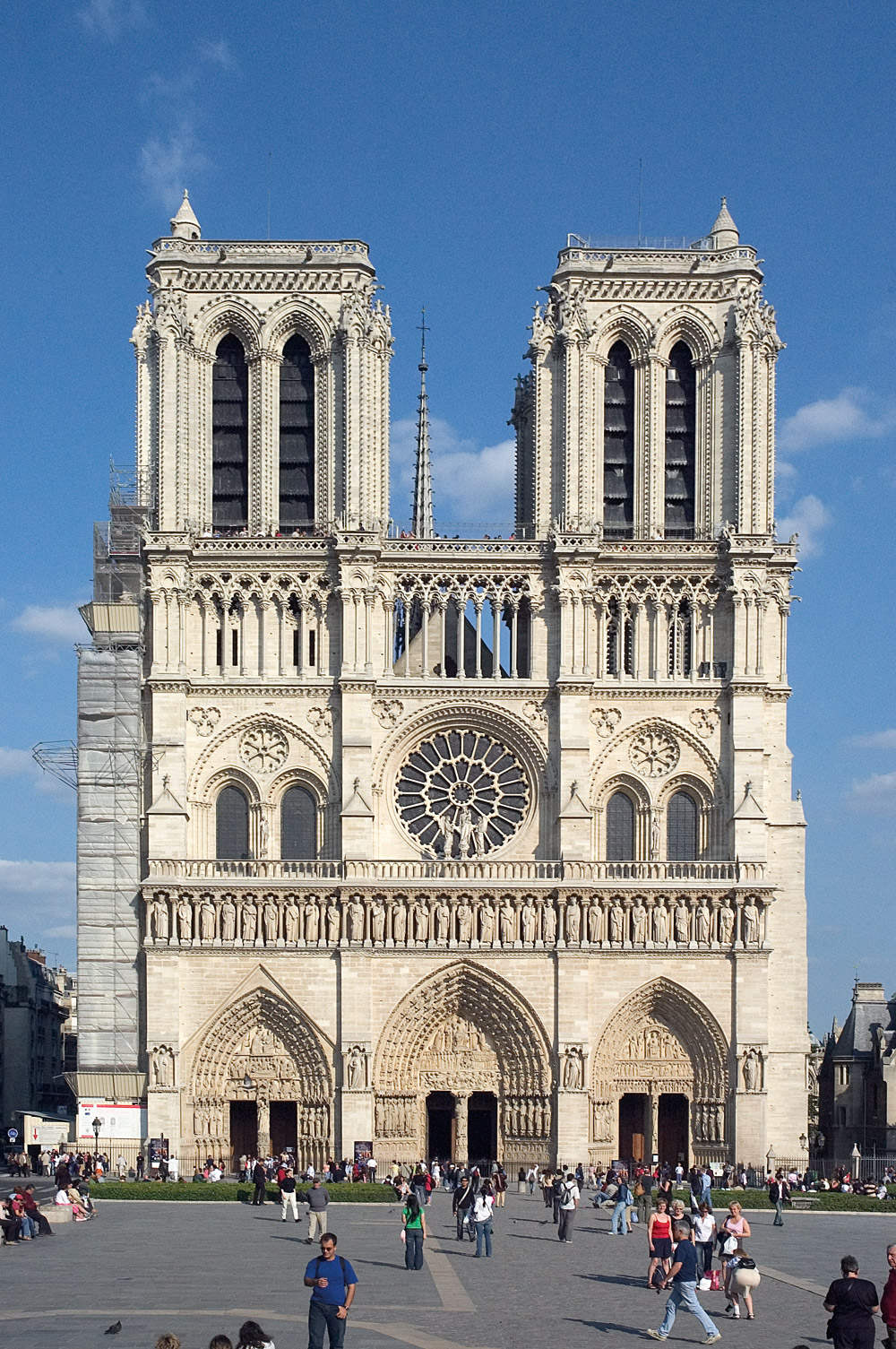Notre-Dame de Paris cathedral
Notre-Dame de Paris cathedral is the emblematic monument of the city of Paris. The construction of this Catholic place of worship located on the Ile de la Cité in Paris begins under the influence of Bishop Maurice de Sully in 1163, and its construction will last more than 2 centuries. Notre Dame de Parishas been classified as a Historic Monument since 1862 and listed as a UNESCO World Heritage Site since 1991.
Story
Notre-Dame is a Gothic cathedral which has the particularity of not having a uniform style because of the 2 centuries it took to complete it. This is why we find characteristic elements of primitive Gothic, but also of radiant Gothic. The largest restoration having taken place after the French Revolution under the direction of Viollet-le-Duc, thus incorporating new elements such as the Arrow of Viollet-Le-Duc...
Notre-Dame de Paris, dedicated to the Virgin Mary, is built mostly of cut stone which comes mostly from old quarries in Paris and the frame and spire were made of oak and lead.
On the forecourt of Notre Dame de Paris, is the zero point marking the starting point of the 14 national roads starting from Paris.

Exterior of the cathedral
The west facade with a width of 43.5 meters is the main facade, it is composed of 2 towers which are each 69 meters, but also 3 portals (main portal: the portal of the last judgment, surrounded by the portal of the Virgin and the Sainte Anne portal) surmounted by the gallery of the kings of Judah then the floor where the west rose window is located with a diameter of 9.6 meters haloing the statue of the Virgin and Child. The west rose window seems to be very large, but it is the smallest of the 3 rose windows in Notre Dame de Paris. The rosettes of the north and south facades each measuring more than 13 meters in diameter.
You will also be able to observe from the outside the mythical gargoyles of Notre-Dame which, beyond the frightening aesthetic aspect that they reflect, have a very important utility in the conservation of Notre-Dame de Paris, since they allow in case of rain to evacuate all the water retained in the gutters of the Cathedral so that the water does not damage the exterior facade of the building.

The bells of Notre Dame
As for the ringing of the cathedral of Paris, it is composed of 21 bronze bells which are located everywhere inside the cathedral of Notre-Dame. The north tower has 8 bells (Named in homage to personalities who have marked the life of the cathedral (Gabriel, Anne Geneviève, Denis, Marcel, Etienne, Benoît joseph, Maurice and Jean Marie). The south tower welcomes the 2 drones: Emmanuel , named in honor of Christ, it is the 2nd largest bell in France with a weight of 13 tons and a clapper of 500 kg, it was classified on July 24, 1944 as a Historic Monument.
It is more than 4 centuries old and rings only for very special occasions in order to preserve it. The 2nd drone is Marie which is the 29th largest bell in France with a weight of more than 6 tons, it rings only about ten times a year. It was rebuilt on September 14, 2012. 3 bells are in the north transept and are used for the ringing of the clock. The other 7 bells are in the spire.

A cultural treasure
Notre Dame de Paris is home to priceless treasures, the lead rooster located on the spire contains relics of Saint Geneviève, Saint-Denis and a fragment of Christ's crown of thorns. The interior of the cathedral is full of treasures: numerous manuscripts, the Grand lectern, a collection of cameos bearing the effigy of the popes since Saint Peter, the shirt of Saint Louis but also the Holy Crown in the circular crystal reliquary.
Notre Dame de Paris has also inspired the world of arts and culture: in paintings on famous canvases (the Coronation of Napoleon by Jacques-Louis David, Liberty Leading the People by Eugène Delacroix, and many other artists) , in literature also marks its mark with the famous novel by Victor Hugo Notre Dame de Paris which was inspired by many cinematographic adaptations but also musical with the famous musical comedy Notre Dame de Paris.
Today the aura of Notre Dame de Paris is everywhere. It is found in certain songs performed by great artists such as Edith Piaf, Léo Ferré, Gilbert Bécaud…, but also in many TV movies, documentaries and also in video games such as Civilization, Minecraft, Age of Empires, Assassin’s Creed…

Access
- Address : 6, Parvis Notre-Dame - Place Jean-Paul II, 75004 PARIS
- Metro :
- Line 1 : Station Hôtel de Ville
- Line 10 : Station Maubert-Mutualité
- Line 14 : Station Châtelet, puis prendre le RER B
- RER :
- Line B : Station Saint-Michel-Notre-Dame
- Line C : Station Saint-Michel-Notre-Dame
- Bus :
- Line 21 : Station Cité-Palais de Justice
- Line 47 : Station Cité-Palais de Justice ou Cité-Parvis Notre-Dame (en fonction du sens de circulation)
- Line 63 : Station Dante
- Line 72 : Station Châtelet-Quai de Gesvres
- Line 74 : Station Châtelet
- Train :
- Line L : Station Paris Saint-Lazare
- Line N : Station Paris Montparnasse
- Bike :
- Vélib station n° 1001 : 41 Quai de l'Horloge
- Vélib station n° 4002 : Place Louis Lépine
- Vélib station n° 4001 : 8 Rue d'Arcole
- Vélib station n° 4003 : 1 Quai aux Fleurs
- Car :
- Parking Hôtel de Ville : 6 Quai de Gesvres, 75004 Paris
- Parking Indigo Paris Place Saint-Michel : 25 Rue Francisque Gay, 75005 Paris
- Parking Indigo Paris Lutèce : Bd du Palais, 75004 Paris
Closest CITY-LOCKER
CITY-LOCKER Notre-Dame de Paris - 6, rue des Bernardins, 75005 PARIS



























